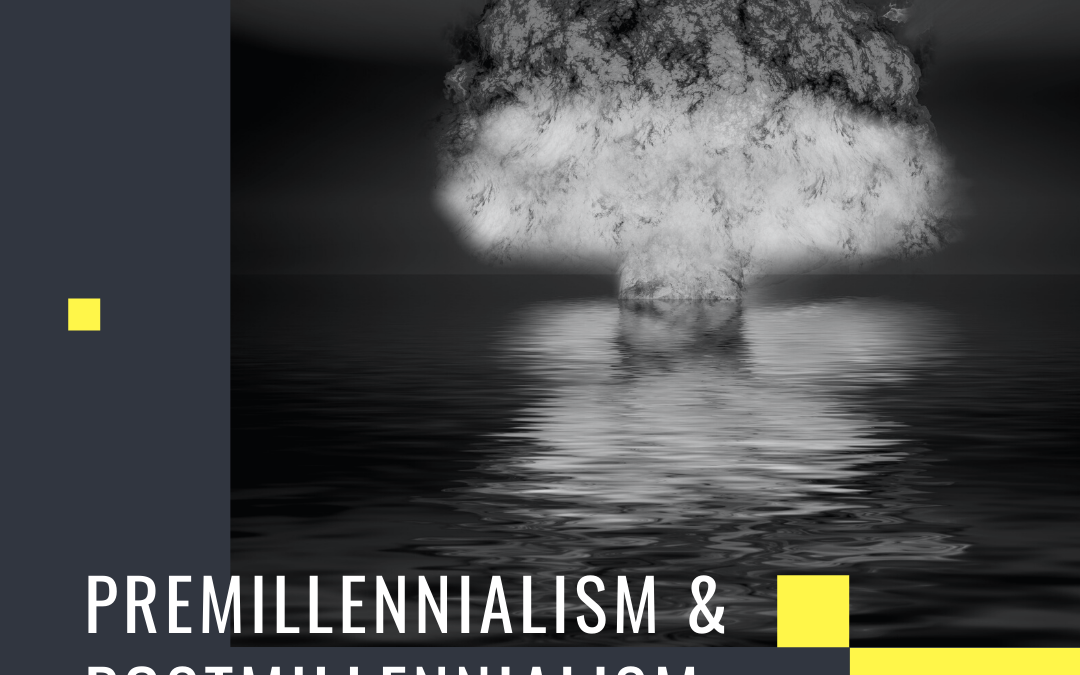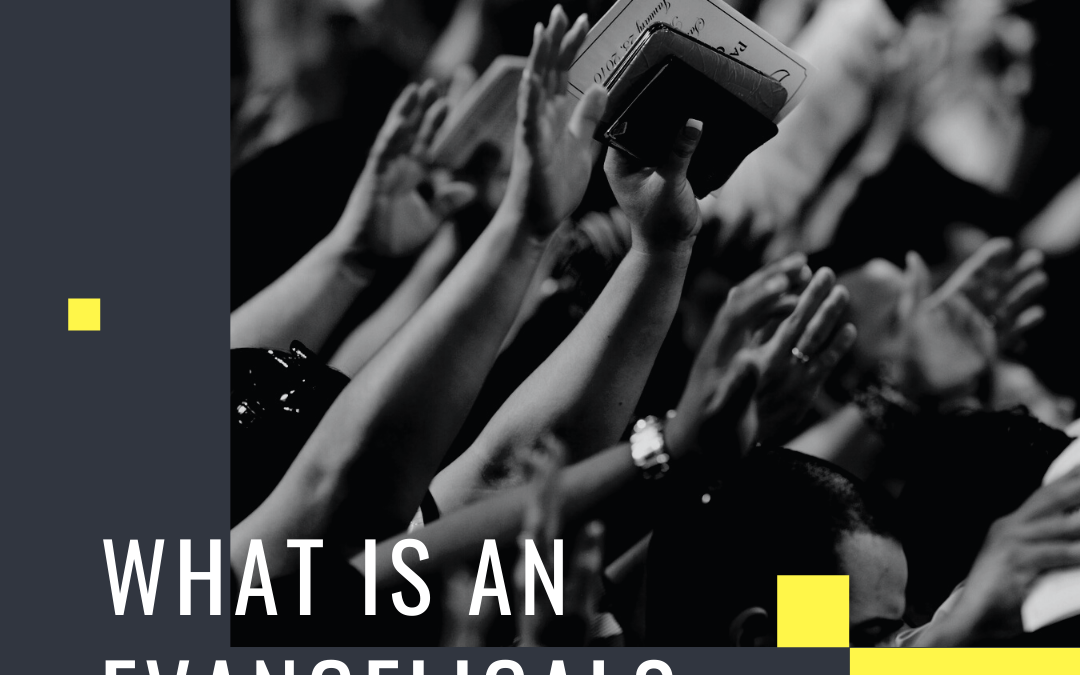
by Chris Staron | Feb 15, 2022 | Episodes
The difference between Premillennialism and Postmillennialism is more important than you think
What is the difference between premillennialism and postmillennialism? And what does it matter?
After the French Revolution in the late 1700s, Christians began to see the world as coming to an end. Daniel 7 and Revelation 13 describe an oppressor who will wear the people out for a period of time. Some Christian interpret that as being 1260 years. That 1260 years can be placed over the reign of Justinian all the way through history up until the French Revolution. That is just one interpretation that not everyone shares. But if you hold that view then this event was HUGE. It meant that the end of the world was super close. It has now been over 200 years since that event, but many premillennialists still hold up this prophecy as proof of the fulfillment of scripture.
Many Christians tried to uncover the meaning of it all. Some turned to an old idea — premillennialism. It’s the notion that the world is on a downward trajectory. Things are going to get really bad and then Jesus will return. Before this time, many evangelicals were postmillennialism. They thought the world was going to get better over time. This split was an important part of what would become the fundamentalist/ modernist debate.
Premillennialism has some dark “logical” conclusions to it. Some premillennialist like pastor John MacArthur argue that since the world is going to burn anyway, we humans shouldn’t worry about things like global warming.
Discussion Questions:
- Why was the French Revolution such an important moment in world history?
- Pre-Revolution the nobles and clergy controlled much of the power in France. They could out-weigh 98% of the population of France. Is this perhaps a reason why the French people turned against them?
- Are you a premillennialist, a postmillennialist, or neither?
- Did you read the Left Behind books? What do you remember? How did they impact you?
- Do you think you have a positive or negative view of world history? How does that impact the way you act?
- Should premillennialists see Jesus’ second coming as a reason to avoid taking care of the planet?
Helpful Links:

by Chris Staron | Feb 1, 2022 | Episodes
Donate to support the Truce Podcast!
Who is an evangelical?
Who is an evangelical? If you go by the news today, you probably think evangelicals are all American middle-class white men. Nope! Evangelical Christians come in all shapes, colors, and sizes. They can be men or women from anywhere in the world. They can speak any language. And they can have a lot of variety in their beliefs.
This season on the Truce Podcast we are examining the history of Christian fundamentalism. How did fundamentalism begin? What is Christian fundamentalism? Is Christian fundamentalism a good thing, a bad thing, or somewhere in between?
In this episode, we’re joined by author and professor George Marsden. He’s the author of Fundamentalism and American Culture, which is THE book everyone else refers to when they talk about fundamentalism. According to Marsden, fundamentalism is “militantly anti-modernism protestant evangelicalism”. That is a lot of big words! By the end of the season, you should understand all of that. One important part of that definition is the word “evangelicalism”. It is one of those words that has been used so much in so many different ways that it can be difficult to define it. There are whole movements to create new definitions these days. But in order to move forward this season, we need to pick some frame of reference. I chose David Beggington’s definition of what defines an evangelical:
Bebbington’s Quadrilateral
- Biblicism (a focus on the Bible)
- Conversionism (an emphasis on evangelism)
- Crucicentrism (the centrality of the cross)
- Activism
Those four things, according to Bebbington, are what make up an evangelical. Again, it is a hotly debated subject.
So when did evangelicalism begin? Many of the sources that I found pointed to the revivals in the decades leading up to the American Revolution. Evangelists like Jonathan Edwards and George Whitefield spread the gospel using a post-millennialist vision of the end times mixed with Calvinism. This was part of the First Great Awakening. Then there were others after the revolution who spread an Arminian view of salvation. Guys like Finney. Belief in God became more personal, without the direct oversight of a priest or minister. It became an individual’s responsibility to look after their spiritual growth.
Welcome to season 5! God willing, I’ll be releasing new episodes every other week.
Discussion Questions:
- What is an evangelical?
- What is a fundamentalist?
- If fundamentalists are evangelicals who are angry at something, what are they angry at? Are you one of those people?
- Do you believe in the Calvinist view of salvation or the Arminian one? Does it matter? Why?
- The Great Awakening movements established a sense that belief in God was not something that needed to be handed down by a priest or minister. Do you think that was a positive move? What are some potential drawbacks (if any)?
Helpful Links and Sources:
Correction: The original version of this episode incorrectly represented Arminian belief. It involves the belief that once grace is offered by God that a sinner can reject the offer. The original version stated that the sinner made the first move to initiate a relationship. That is incorrect. Arminians believe that God makes the first move, but His offer can be rejected. The error has been corrected in this version, My apologies for any confusion.


